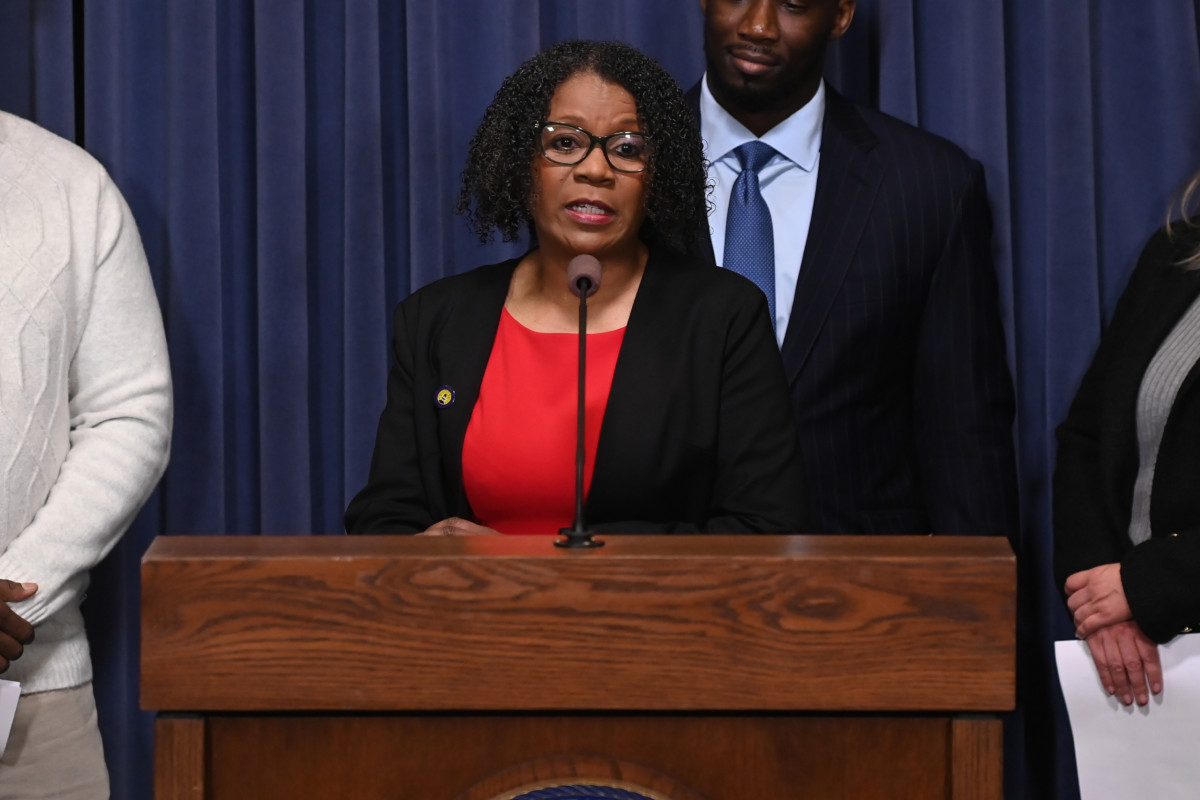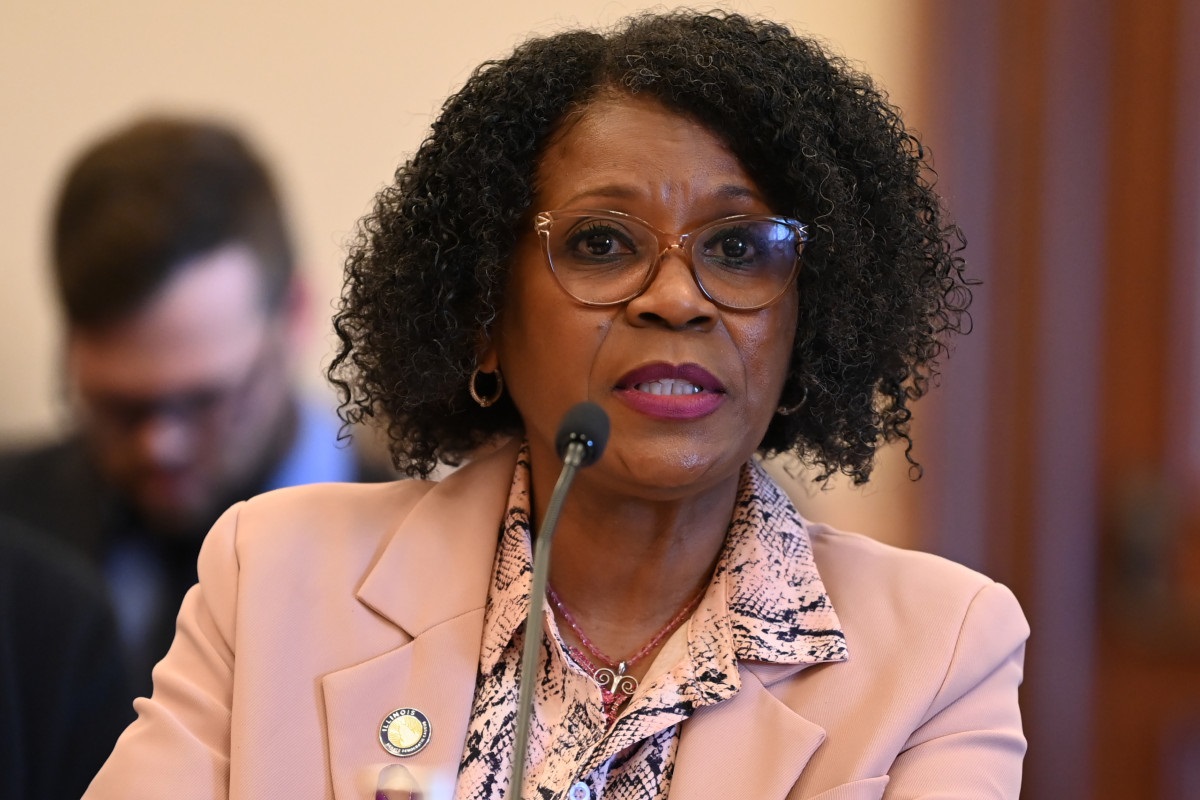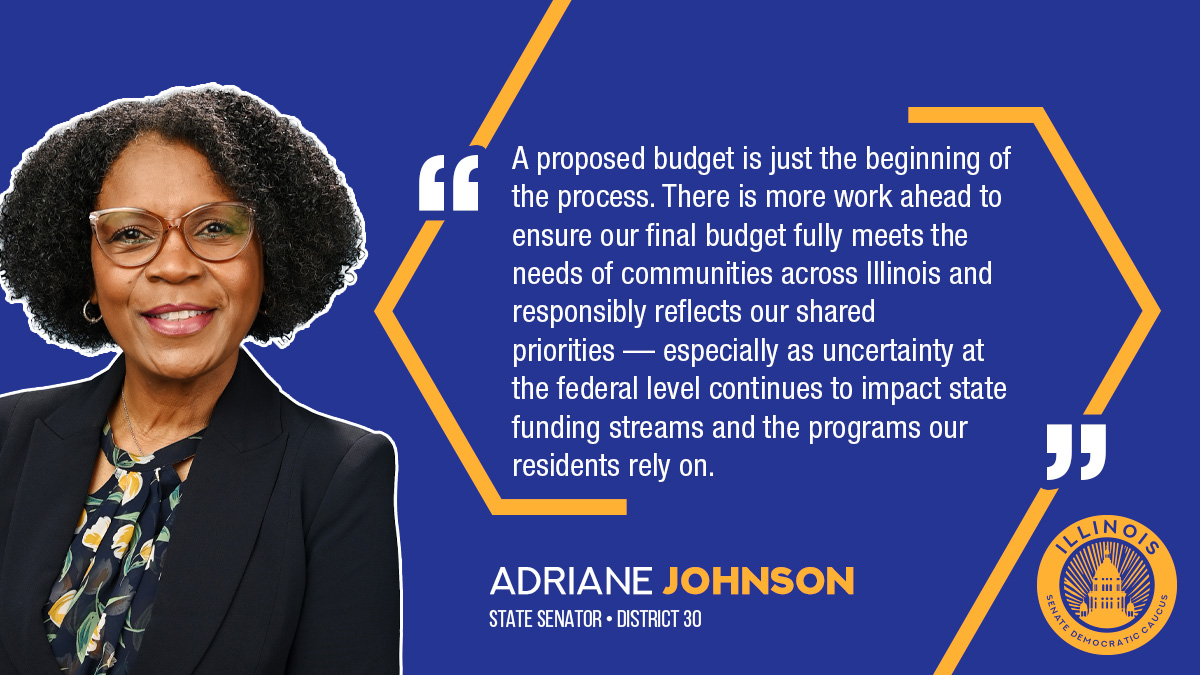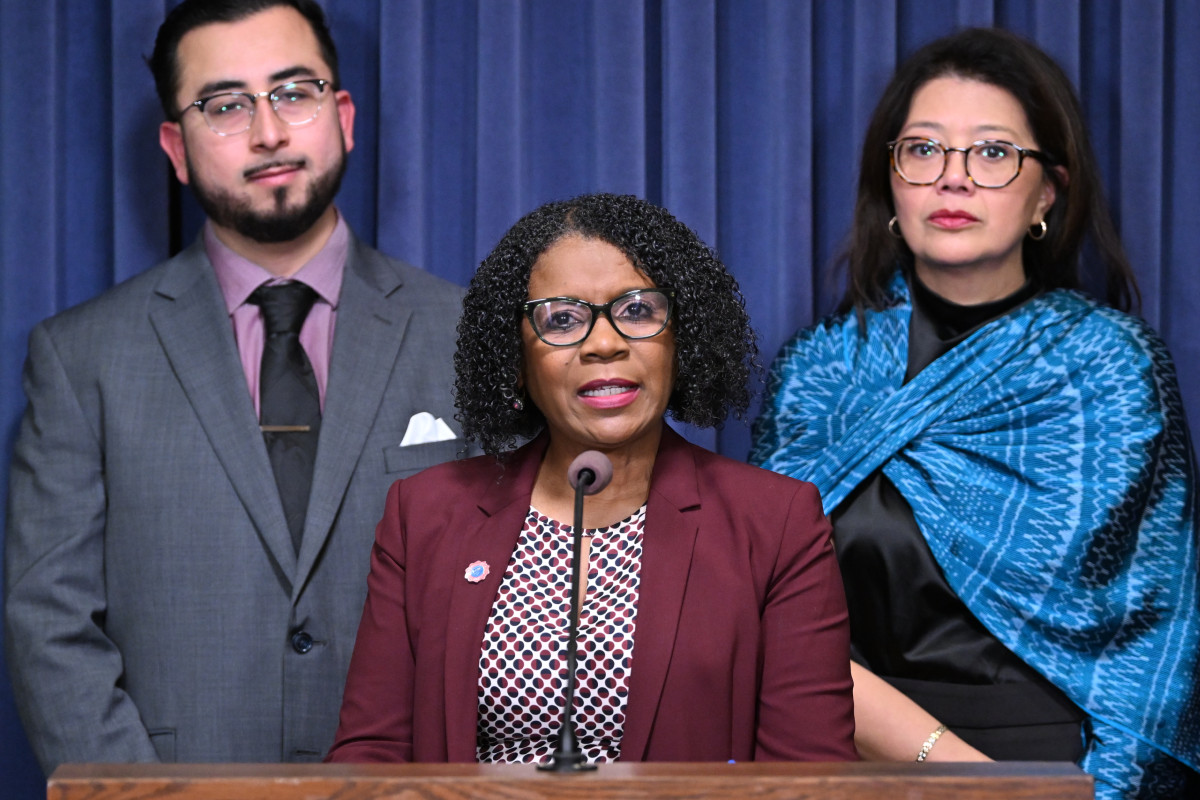
SPRINGFIELD — At a press conference on Wednesday, State Senator Adriane Johnson joined advocates and community leaders to unveil the Home for Good proposal — a comprehensive plan to expand housing and support services for people returning home from incarceration.
“Public safety starts with stability,” Johnson (D-Buffalo Grove) said. “When people return home from incarceration, access to safe, stable housing gives them the foundation to work, support their families and successfully reintegrate into their communities. This proposal is about aligning our public safety goals with smart, long-term investments.”

SPRINGFIELD — State Senator Adriane Johnson is spearheading legislation to expand continuing education opportunities for health care professionals by allowing coursework on perimenopause and menopause to count toward Illinois’ required implicit bias awareness training.
“Women’s health — particularly during perimenopause and menopause — has too often been overlooked or dismissed,” said Johnson (D-Buffalo Grove).

SPRINGFIELD – In response to the governor’s budget address Wednesday, State Senator Adriane Johnson (D-Buffalo Grove) issued the following statement:
“I appreciate the continued emphasis on homelessness prevention and proposed investments in the HOME Illinois initiative presented today. Stable housing is foundational to health, economic security and dignity, and investments that help keep families housed are critical.

SPRINGFIELD — State Senator Adriane Johnson stood alongside representatives from the Illinois Department of Human Rights at a press conference Wednesday to outline her legislation to strengthen and preserve Illinois’ civil rights protections amid growing federal rollbacks.
“As federal agencies retreat from enforcing long-standing civil rights protections, Illinois must step forward,” said Johnson (D-Buffalo Grove). “This legislation ensures our state remains a place where fairness, accountability and equal opportunity are not optional — they are the law.”
Page 1 of 80